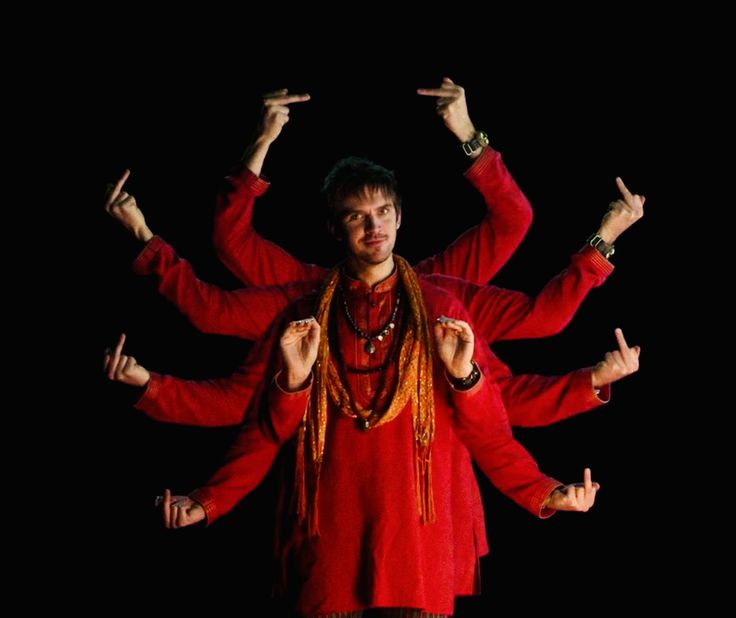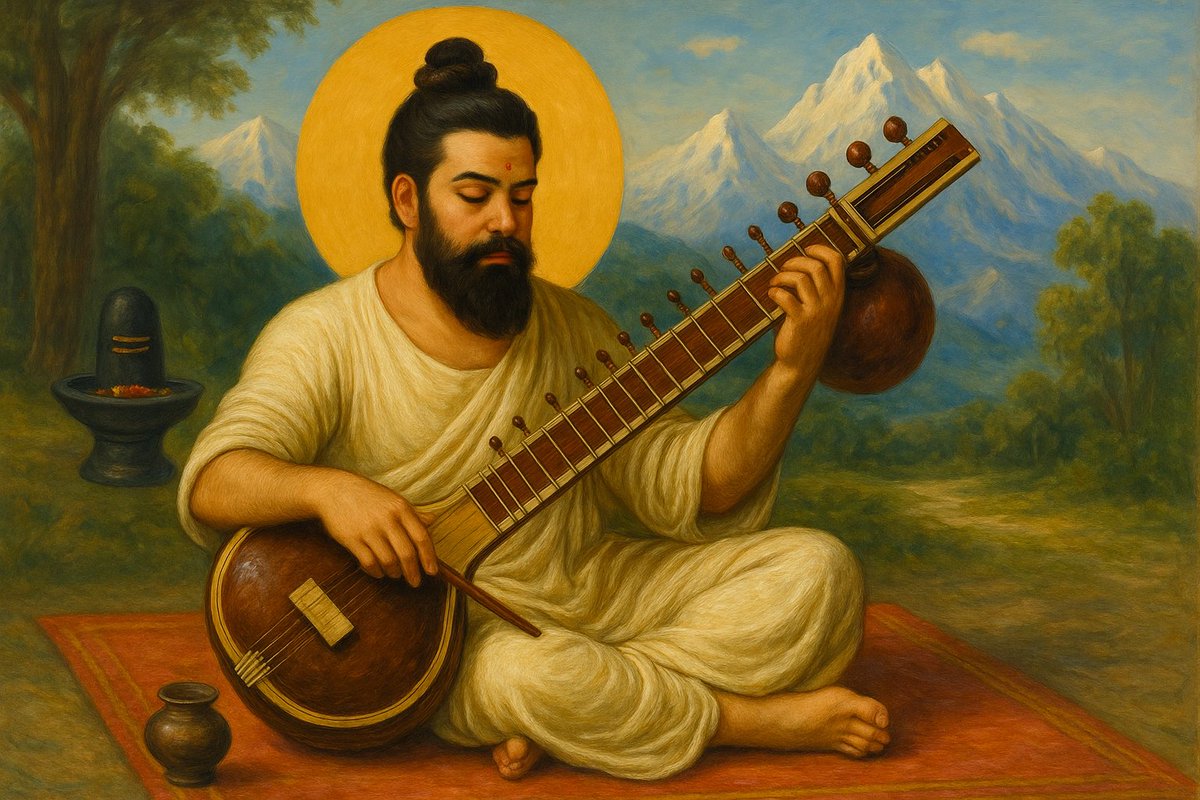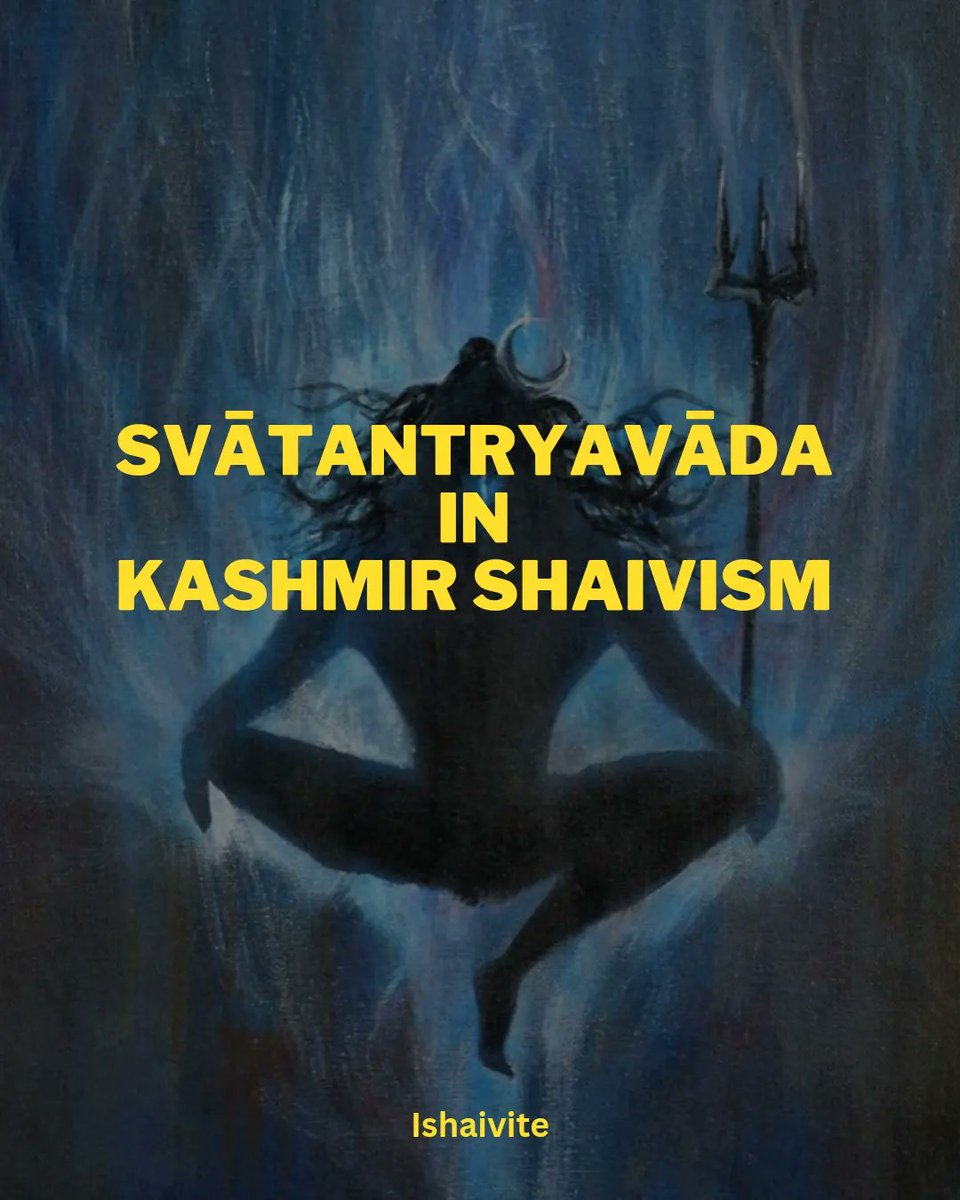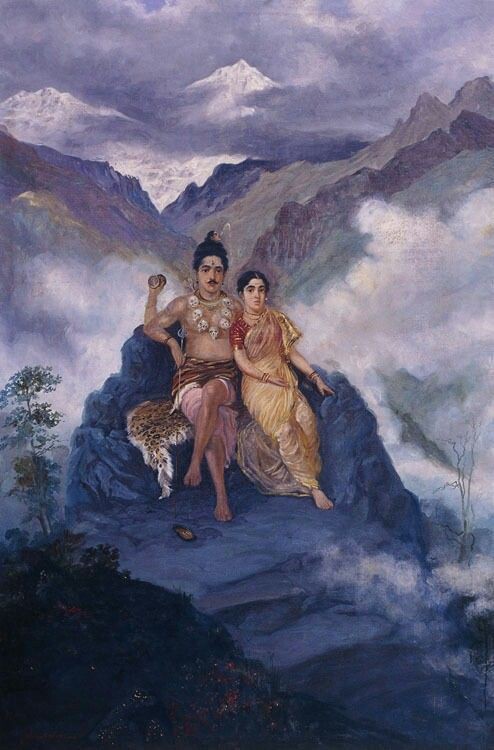
Trika Shaivism,
How can this wicked nature --i.e. ignorance exists anymore in him who is truly astonished
--------------------------------
Join my Substack 👇
How to get URL link on X (Twitter) App




 2. Don’t expect intellectual mastery on first read. Instead, watch for a sense of wonder (camatkāra), those intuitive moments where everything clicks, even without full understanding.
2. Don’t expect intellectual mastery on first read. Instead, watch for a sense of wonder (camatkāra), those intuitive moments where everything clicks, even without full understanding.

 2/12,
2/12, 
 2/8
2/8
 2/
2/
 2/
2/
 2). Within this conceptual scheme, the Twelve Kālīs stand for the method (krama) and the tool (the senses) of the cognitive process that give rise to the reflective awareness (vimarśa) that is the capacity of pure luminous consciousness to refect upon its in?nite nature.
2). Within this conceptual scheme, the Twelve Kālīs stand for the method (krama) and the tool (the senses) of the cognitive process that give rise to the reflective awareness (vimarśa) that is the capacity of pure luminous consciousness to refect upon its in?nite nature.

 2). This is decided that the aspect of perceiving the object is of the object, not of the perceiver. And when this perceiving function does not take place of the object, that is the svarūpa, that is the real nature, of the object-when it is not perceived.
2). This is decided that the aspect of perceiving the object is of the object, not of the perceiver. And when this perceiving function does not take place of the object, that is the svarūpa, that is the real nature, of the object-when it is not perceived.

 1). I worship Gaṇapati, the Lord of the Attendants, (Who is) the embodiment of breath --lit. exhalation devoted to the transference of the most excellent wish, worshipped by the assemblage of gods and demons the first among the darśana-s to be worshippe. || 1 ||
1). I worship Gaṇapati, the Lord of the Attendants, (Who is) the embodiment of breath --lit. exhalation devoted to the transference of the most excellent wish, worshipped by the assemblage of gods and demons the first among the darśana-s to be worshippe. || 1 || 

 2). Svātantrya is the svabhāva or own-being of the Absolute. It is this sovereign Free Will that brings about the objectification of the idcation of the Absolute. It is free as it does not depend on anything else outside itself.
2). Svātantrya is the svabhāva or own-being of the Absolute. It is this sovereign Free Will that brings about the objectification of the idcation of the Absolute. It is free as it does not depend on anything else outside itself. 

 1). The process of her realization is thus a process of recognition of her own nature (pratyabhijñā, although this term of the philosophy of Kashmir Śaivism does not occur in the Tantra).
1). The process of her realization is thus a process of recognition of her own nature (pratyabhijñā, although this term of the philosophy of Kashmir Śaivism does not occur in the Tantra). 